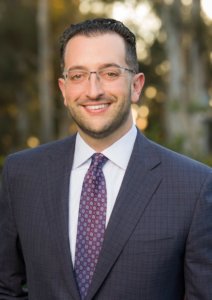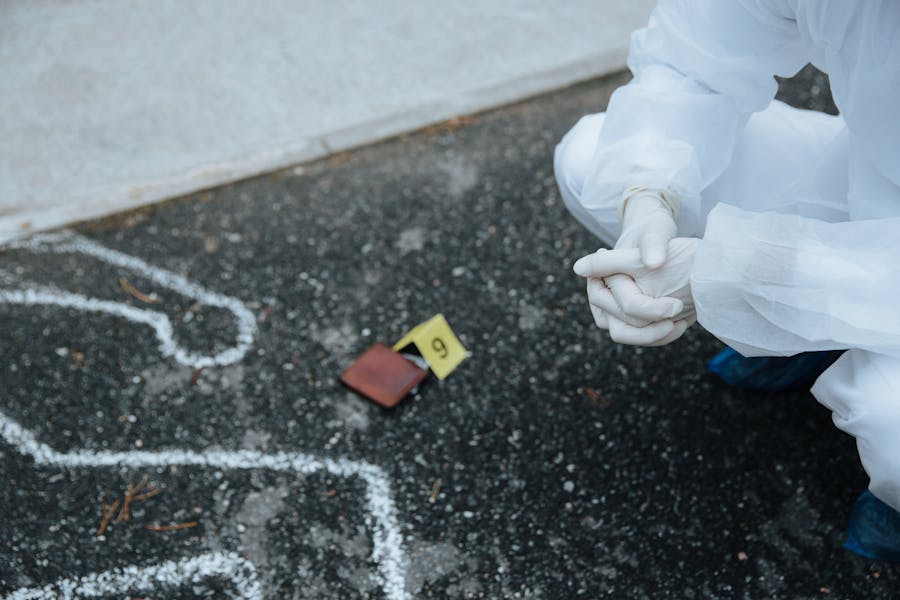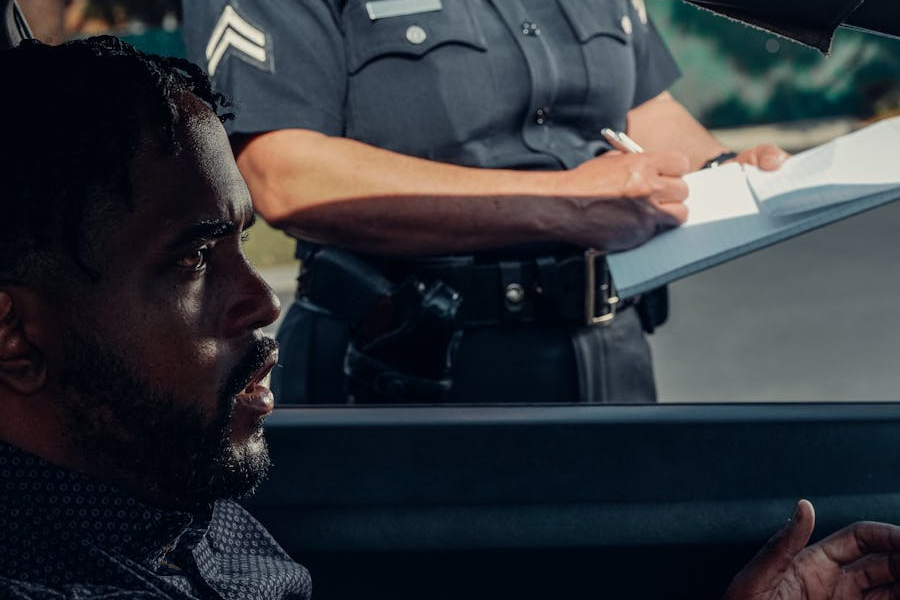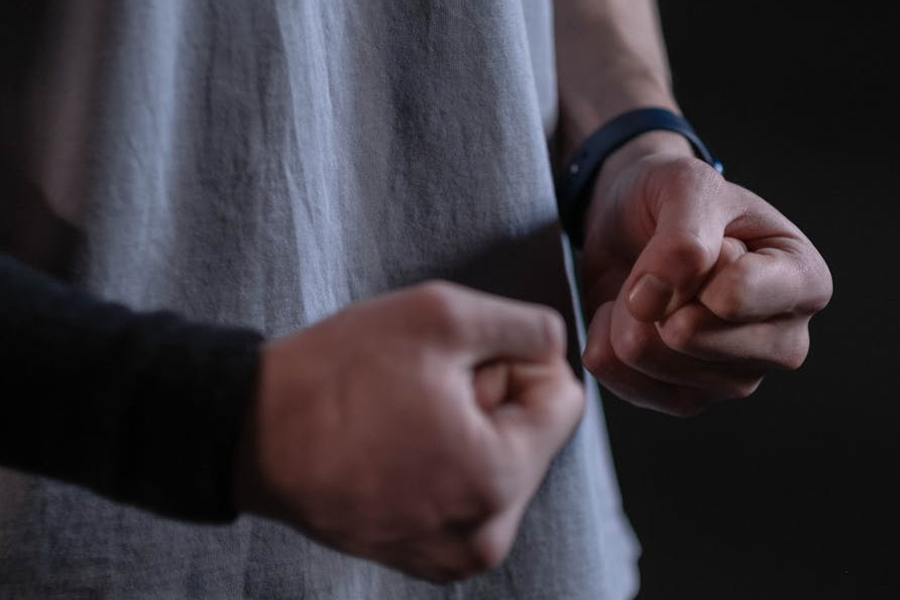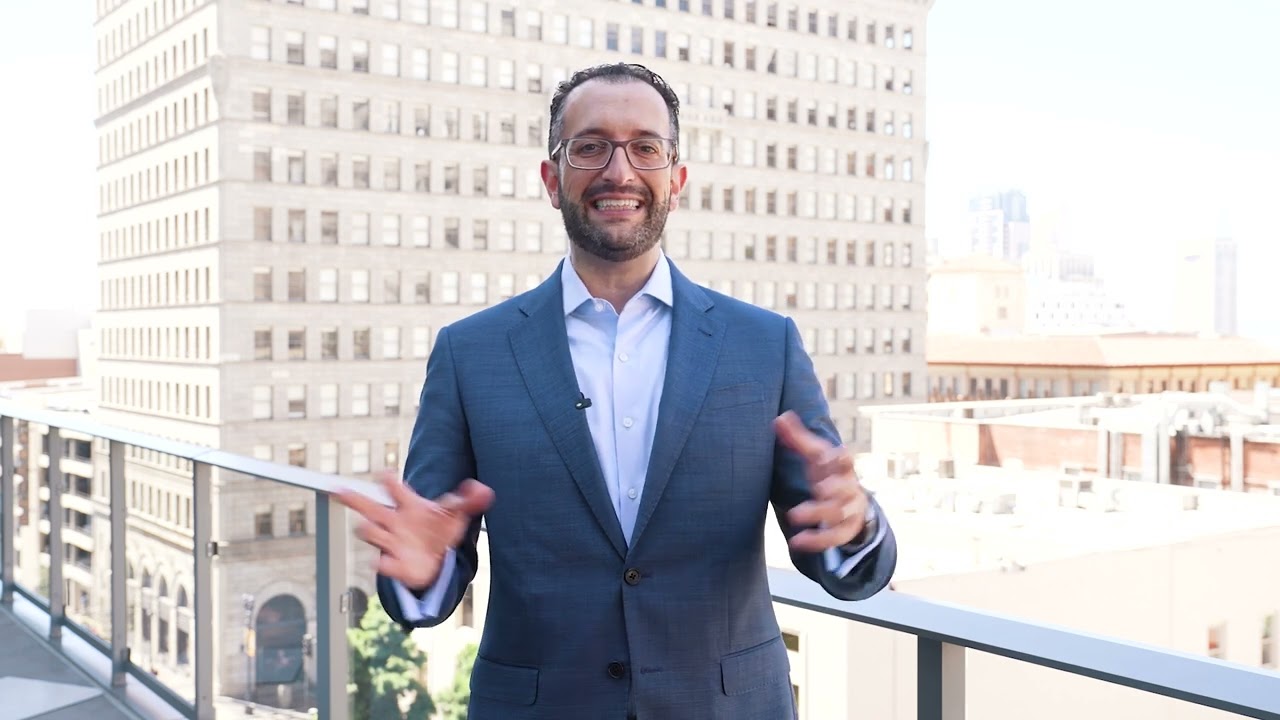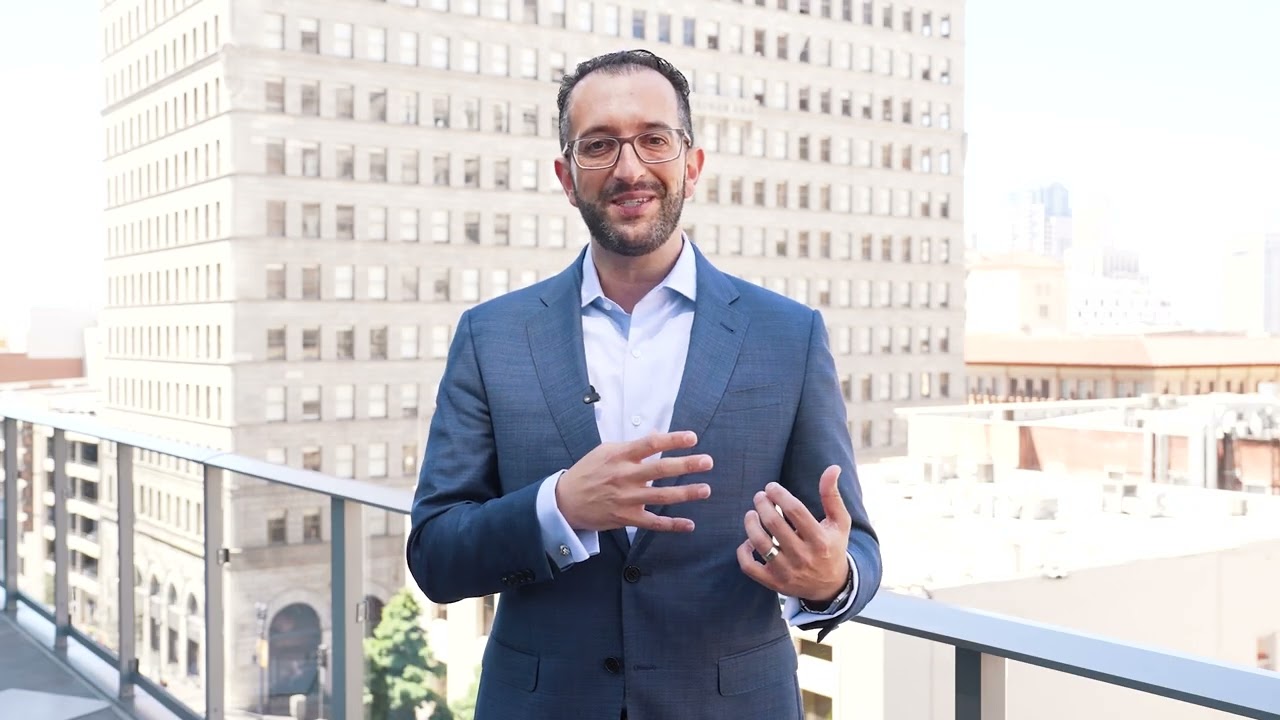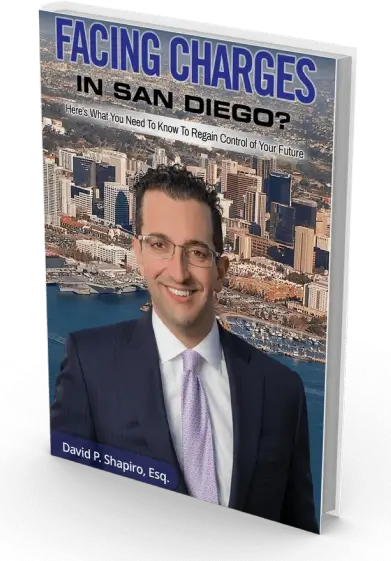New Law Highlight – January 2023
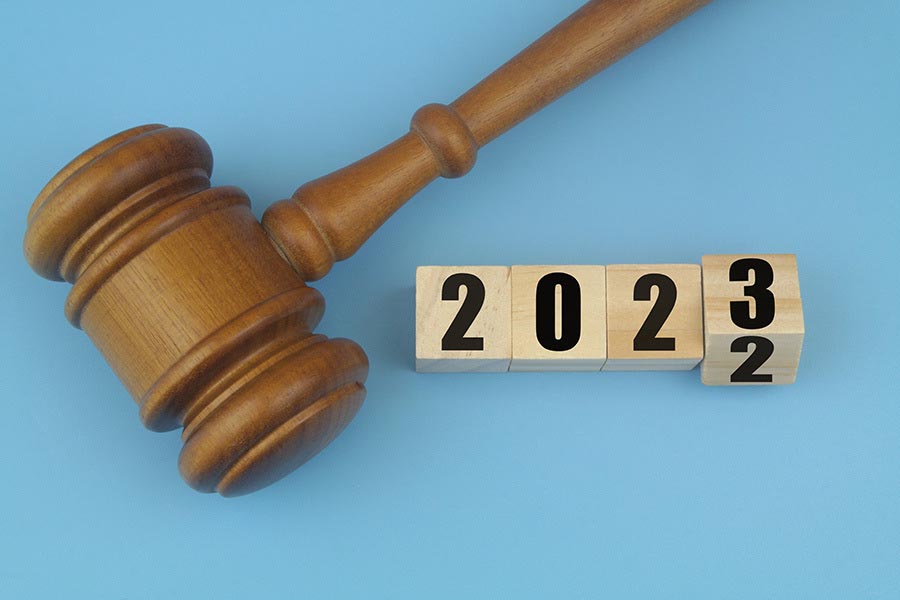
Most people look forward to the fireworks at midnight on New Year’s Eve, but at David P. Shapiro Criminal Defense Attorneys, we get excited when the new year is ushered in with the passage of new laws that benefit our clients. We are happy to report that lawmakers appear to be taking note of the reality that “business as usual” has not worked and that more holistic and compassionate approaches to criminal justice are not only essential, but also effective on many levels. Here are just a few of the most significant laws that became effective the first of the year, with more to come as the year progresses.
AB 2167: Judges Must Consider Alternatives to Incarceration
This bill added section 17.2 to the Penal Code, which requires judges presiding over criminal matters to consider alternatives to incarceration such as collaborative courts, diversion, restorative justice, and probation. There is no limit on what alternatives a court can consider, which means that any resolution short of incarceration must be considered. In writing this code, the lawmakers acknowledged that the “overreliance on incarceration has failed to improve public safety”. They also specifically noted that the old practice of throwing people behind bars disproportionately harms vulnerable and marginalized communities, which also happen to the be the same communities that are targeted the most by law enforcement and prosecutors.
AB 2799: Rap Lyrics Cannot be Used Against Criminal Defendants
This Bill adds section 352.2 to the Evidence Code, which prohibits prosecutors from introducing subjects of creative expression, such as rap lyrics, as evidence of a criminal defendant’s intent or involvement in a criminal street gang. This law requires judges to conduct a balancing test, weighing the value of the evidence of creative expression against the risk of undue prejudice or misuse of the evidence by the trier of fact. The court must assess whether introducing evidence of a creative expression could unduly prejudice the defendant by, for instance, inserting racial bias into the proceedings where it may otherwise not have been. The new code section makes the admission of such evidence extremely difficult, a major milestone in the way of reducing the amount of damaging and inappropriate evidence used by prosecutors in gang cases. This new law was passed on the heels of two murder convictions being reversed in Contra Costa County after evidence of rap lyrics was admitted by the prosecution to show gang membership on part of the defendants. In overturning the convictions, the court held that the prosecution “premised their convictions on racially discriminatory evidence” and “it primed the jurors’ implicit bias regarding negative character evaluations of African American men as rap artists and as being associated” with criminal behavior and gang membership. This is one in a set of new laws addressing (and hoping to eliminate) the very real and ingrained racial bias that exists in the criminal justice system.
SB 836: Makes Disclosing a Person’s Immigration Status Illegal
SB836 amends the evidence code to add section 351.4, making disclosure of a person’s immigration status, in open court in a criminal matter, illegal. A person’s immigration status may only be discussed in open court after a judge determines (in a closed hearing) that the evidence is in fact relevant and admissible. This law is very significant for persons who are undocumented or whose status in the United States is threatened by criminal prosecution. The legislature deemed this bill an “urgency statute”, calling for immediate relief under this statute to protect public peace, health, and safety of all persons residing in California, regardless of their status.
SB 357: Loitering with Intent to Commit “Prostitution” is No Longer a Crime
SB357 repealed Penal Code section 653.22, which previously made “loitering with intent to commit prostitution” a crime. Not only does this bill eliminate this antiquated and constitutionally vague law, it provides relief for persons previously convicted under this statute. Anyone who was convicted under this law in the past can now petition the court to have their convictions dismissed and arrests sealed. The bill also made it illegal for prosecutors to admit evidence of a condom when prosecuting people for “prostitution”. This law appears to be an acknowledgment of the very real pandemic of human trafficking that lurks in San Diego’s underbelly and seeks to remedy the deep scars that criminal prosecutions of victims have caused.
If you or a loved one is facing criminal charges and want to learn more about the many things to consider when hiring a criminal defense law firm (like how up to date the law firm is on changes in the law) to maximize your chances of obtaining the best outcome possible, give us a call today at (619) 295-3555 to set up a case evaluation with one of our attorneys.
The contents of this article and blog are meant for informational and marketing purposes only and do not constitute legal advice. Viewing and/or use of the blog does not form an attorney-client relationship. No statements in this post are a guarantee, warranty, or prediction of a particular result in your case.
